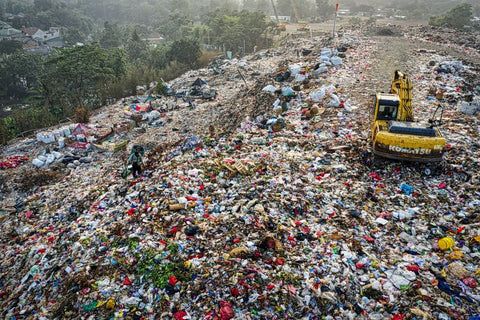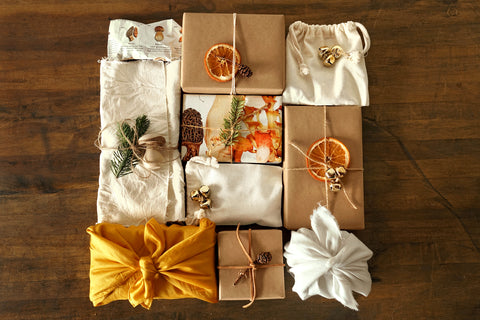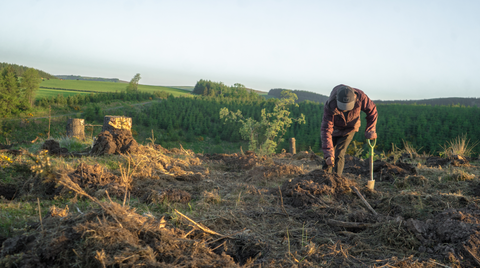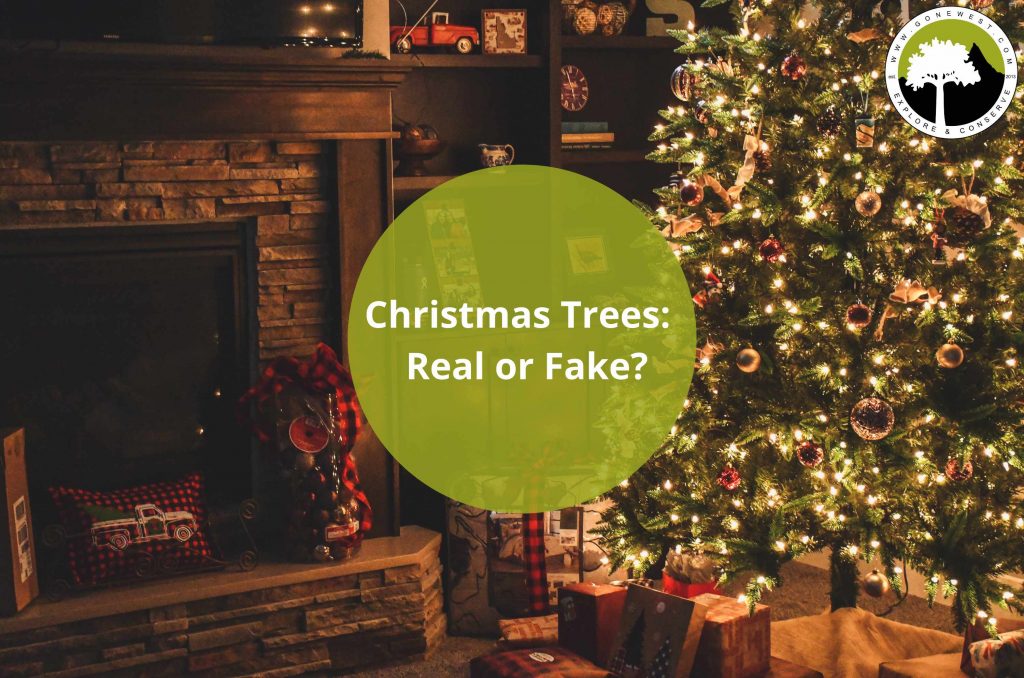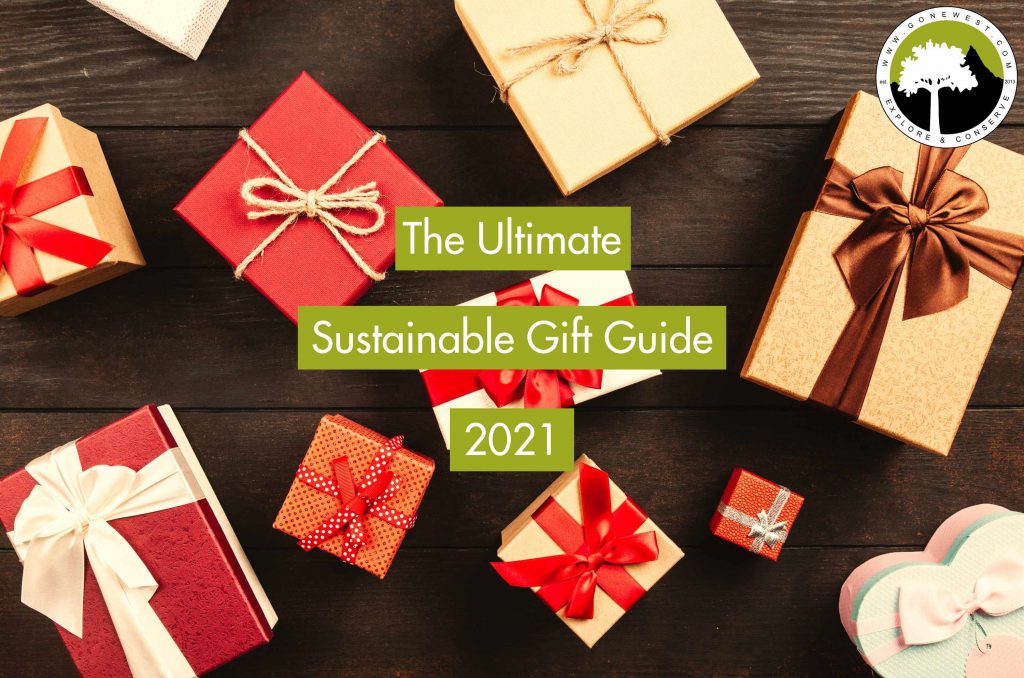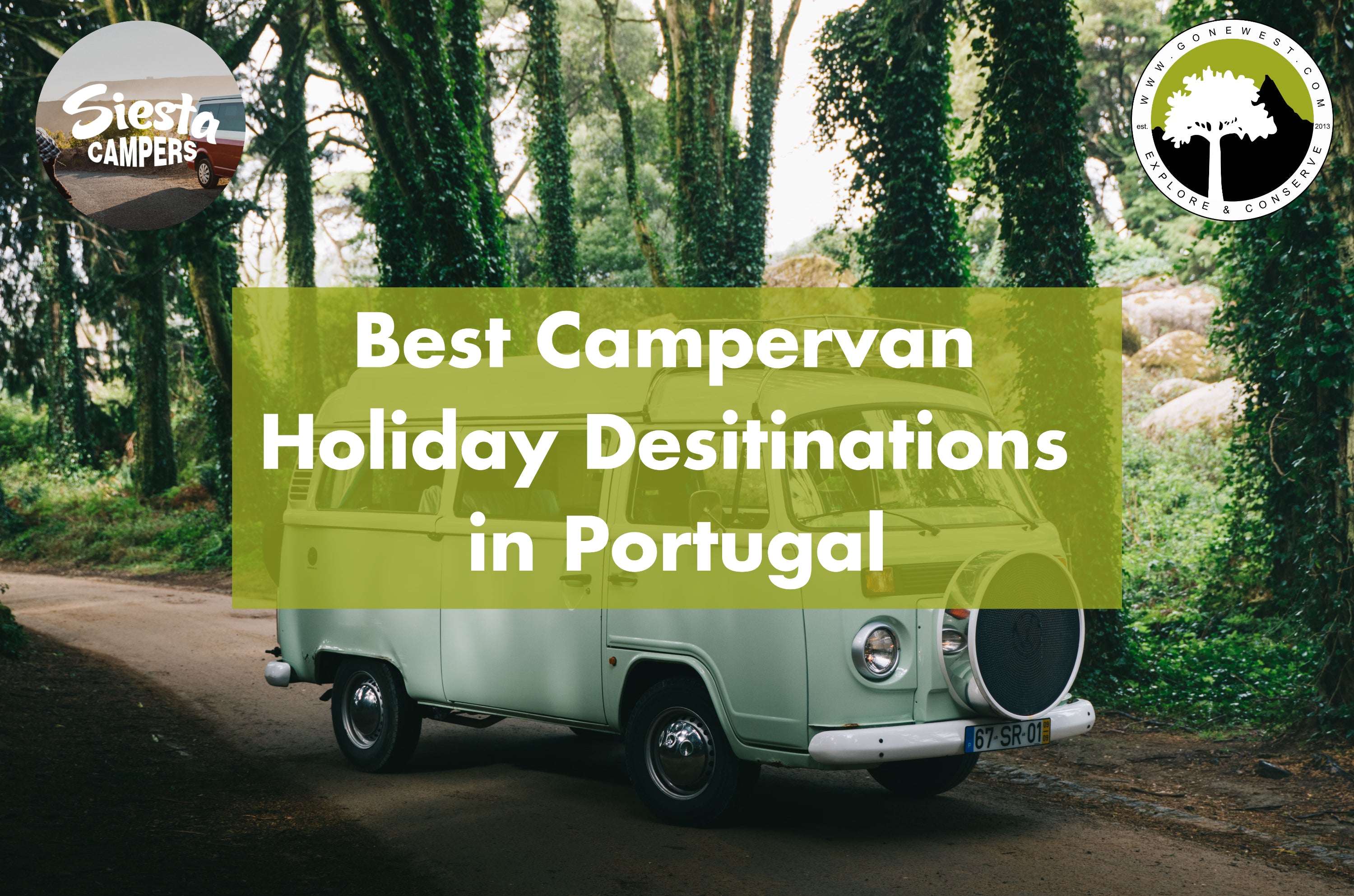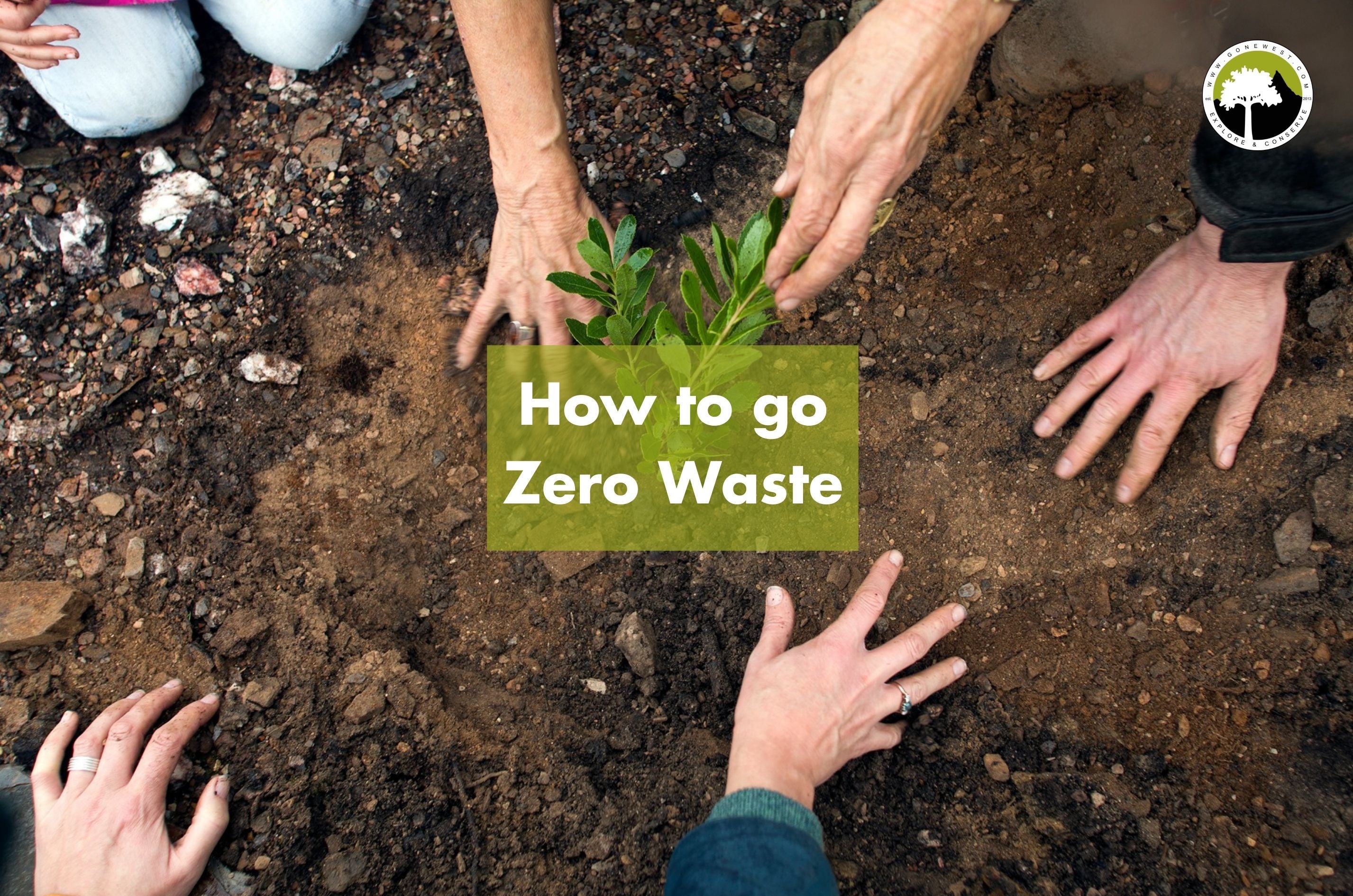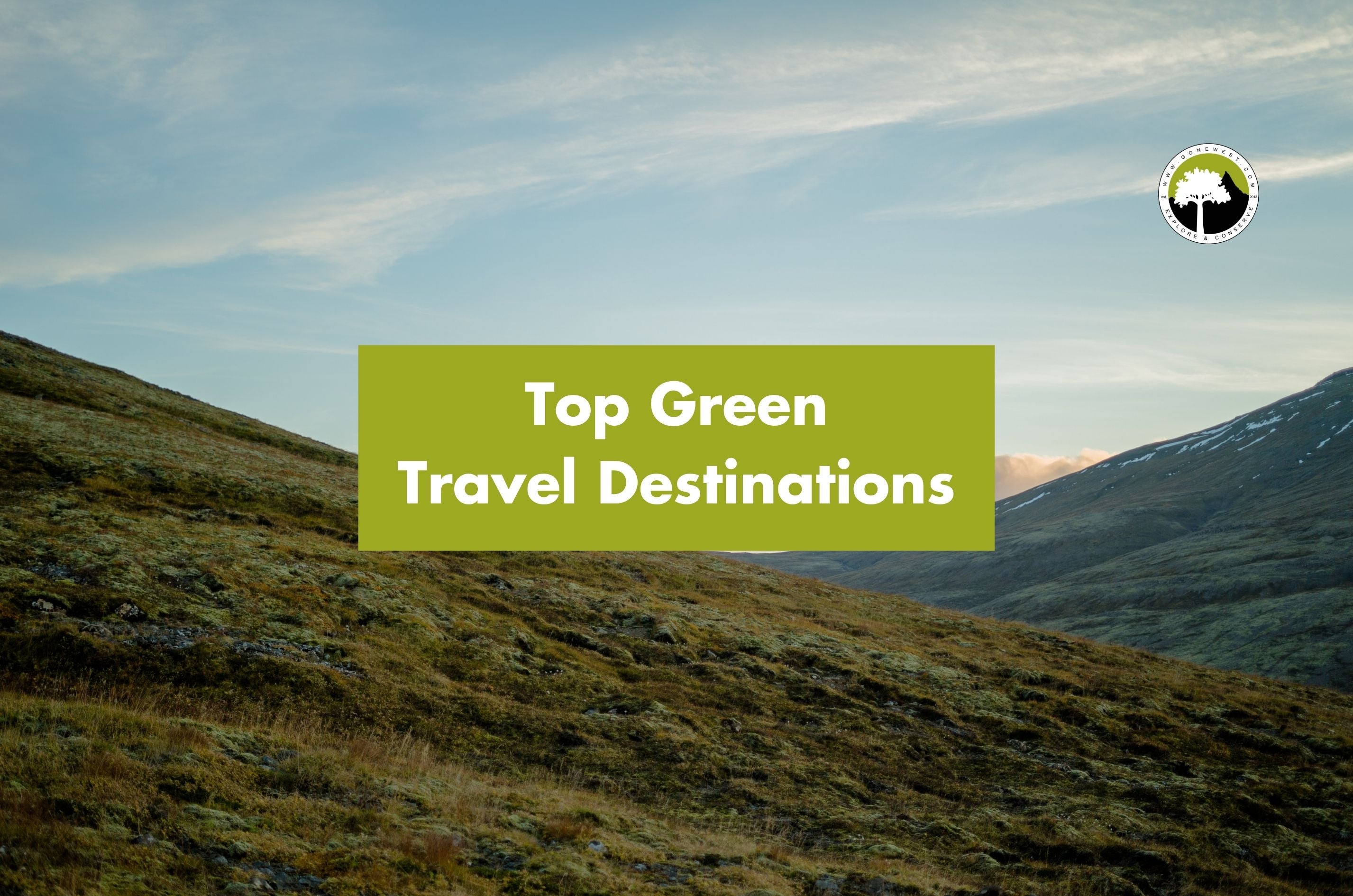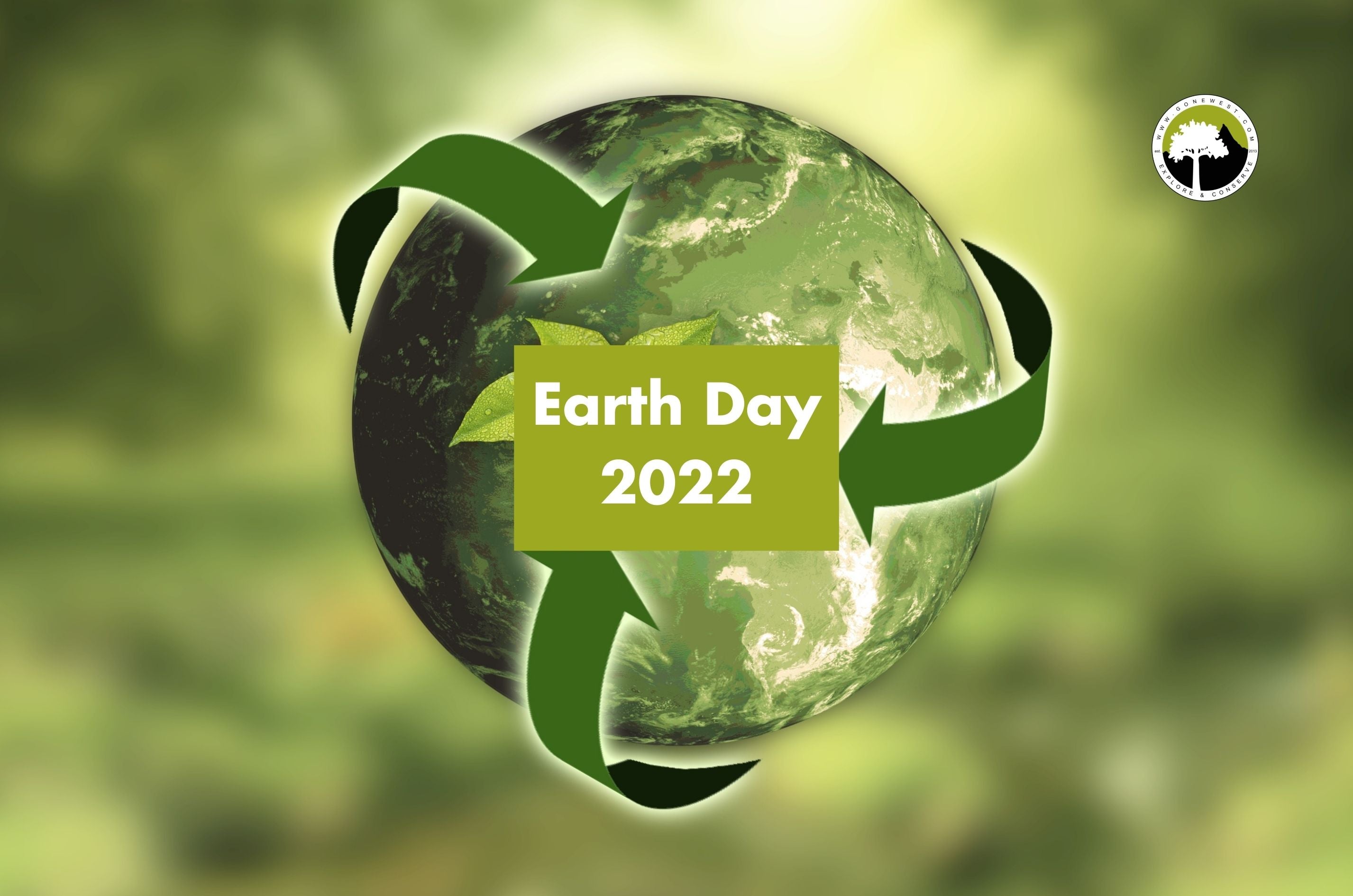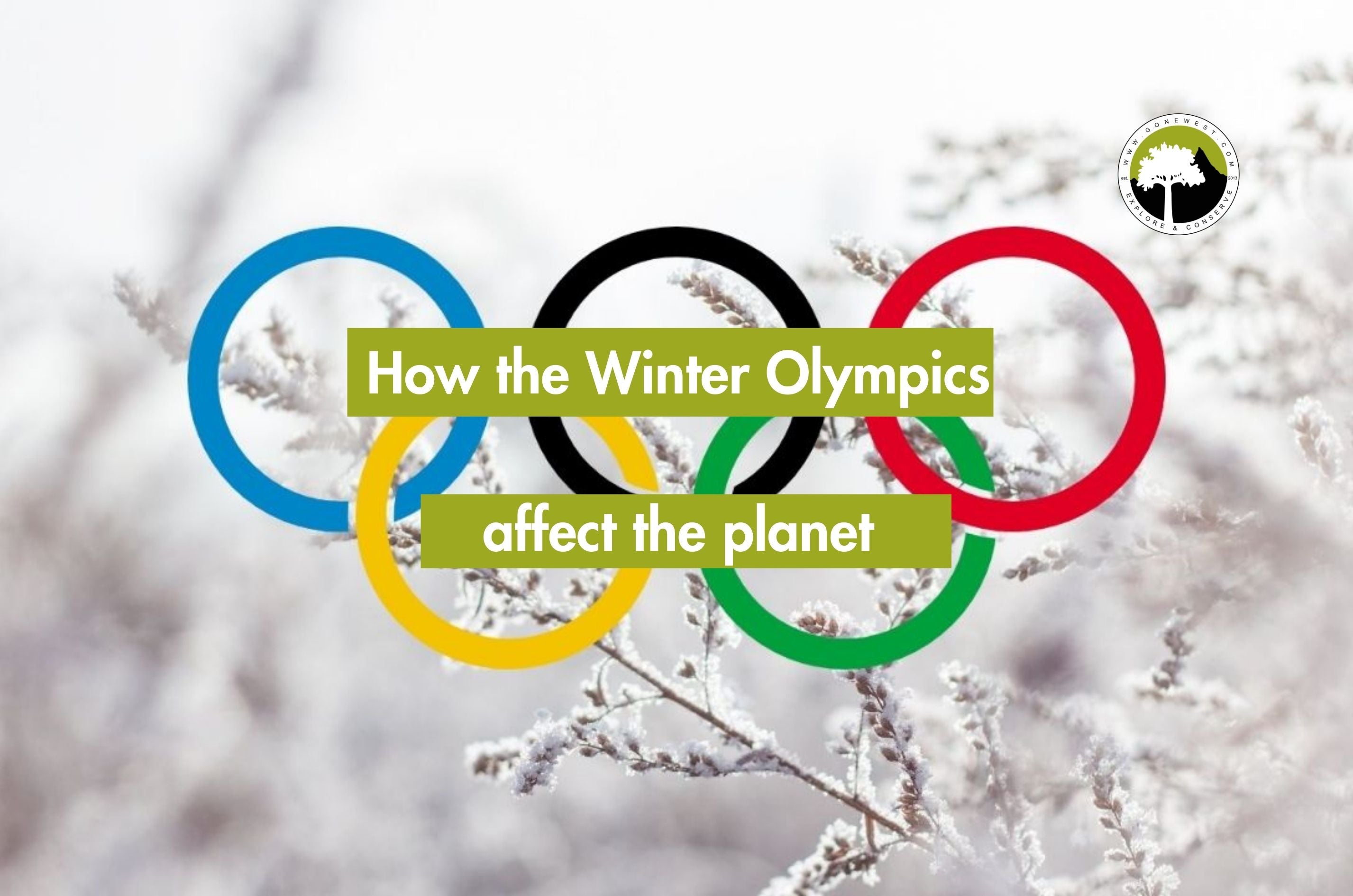Christmas is almost here and it’s time to start putting up the decorations and prepping for the festive season. Christmas isn’t generally a time where we’re very conscious about, well, anything. Our mindsets shift from real life to looping All I Want for Christmas is You on repeat, while we trawl through shops, buying presents for people that nobody actually wants.
So, it’s no surprise that the holiday is actually the most wasteful time of year. Between spending over £700 million on unwanted gifts in the UK and wasting up to 30% more globally around the festive season, Christmas is detrimental to the health of our climate.
We need to do better, for the planet and for our future. We can’t just ignore the impact we’re having because it’s Christmas, if anything, we need to be even more conscious than ever. But don’t fret! We’ve got the solutions. This article is a step-by-step guide to how you can be more sustainable at Christmas.
The impact of Christmas on the planet
But before we get into all of that, we need to take a look at how our indulgence is changing the world around us…
Plastic packaging is awful for the planet and, unfortunately, our presents are buried in it. In the UK alone, 114’000 tonnes of plastic packaging was thrown away instead of recycling. And even then, a large part of those presents are thrown away. Not recycled, not re-gifted nor donated. Thrown away. Sadly, a lot of the plastic that is thrown away ends up in our oceans, reducing the ocean’s ability to absorb CO2 and destroying ecosystems home to 2.2 million aquatic species.
So, after buying presents that nobody wants, that are packed in plastic, we wrap it in wrapping paper. Some wrapping paper isn’t recyclable, but even if it was, most of us still throw it away. In 2016, the UK threw away around 227’000 miles of wrapping paper – enough to wrap around the entire island of Jersey!
We’re generating plastic waste, we’re wasting gifts, we’re wrapping gifts in paper that we waste, surely it can’t get any worse than that? Oh, it can… At Christmas, we waste so much more food than any other time in the year. Eating 80% more than any other point in the year, the waste food generated is equivalent to around 74 million mince pies.
Other than the things we consume and the gifts we receive, we’re also wasteful when it comes to decorating our houses. Lots of us buy plastic decorations, sometimes buying new ones each year. Christmas trees can have a big impact on the planet, whether they’re real or fake.
Want to make sure you’re choosing the best Christmas tree for the planet? Read our blog that weighs up all of the positives and negatives of each kind of tree.
Credit: Packhelp
How to be more sustainable this Christmas
Although those facts and figures are quite alarming, it doesn’t have to be that way. If we implement more sustainable alternatives into our festivities, we can combat these terrifying statistics.
Ditch the wrapping paper, or use a recyclable alternative
As we mentioned previously, we waste a scarily large amount of wrapping paper each year. The best way to combat this is to simply not wrap your gifts. You could reuse gift bags from years before or you could use fabric that can be used every year. If you haven’t got any gift bags or fabric and you still want to wrap your presents, you could use newspaper or recycled wrapping paper.
Another great way of avoiding throwing away the wrapping paper from the gifts you receive is to be careful when you’re unwrapping and save it for the next year. Wrapping paper is also really great for packaging parcels to keep breakables safe.
Send e-cards or sustainable cards
Paper cards that you buy on the high street or from brands such as MoonPig and Funky Pigeon have a huge impact on the planet. If we placed all of our Christmas cards alongside one another, they would stretch around the planet 500 times. As well as that, transporting the cards to their recipients is very polluting. The carbon footprint of a typical greetings card is around 140g of CO2, and with about 2 billion cards sold annually in the UK, that equates to the same amount of CO2 released when manufacturing 10’000 cars.
A great, accessible alternative that cuts out the transportation are e-cards. They are really easy to personalise and they are much cheaper too! There’s no physical waste and there’s no pollution from transport.
Other than that, there are many eco alternatives to paper cards that you can buy on Etsy or even places like RSPB. If you’re feeling particularly creative, you could make your own out of scrap pieces of paper, or even make your own paper from scrap paper that you can’t immediately use.
Buy less food and buy food that’s better for the planet
This is an easy one, we massively overeat, and overestimate how much we can eat at Christmas, so just buy less! As well as that, try buying less meat and dairy products because they have a bigger carbon footprint than other foods. There are loads of great vegan alternatives to festive treats that will go down just as well as their meat and dairy counterparts.
Opt for more sustainable decorations
The best way to be eco-friendly when it comes to decorations is to use what you’ve already got. Don’t buy new ones every year and don’t throw any away unless they are unusable. Even then, you can find places that recycle them so they don’t end up in landfill.
If you need to buy new decorations, buy ones that are going to last. Don’t buy cheap plastic baubles and ornaments. Look for decorations made out of brass, wood, and metal.
If you’re feeling particularly creative, why don’t you make your own from things lying around the house? Jars can be turned into candle holders, waste paper into wreaths, the list is endless! As well as that, you could even go foraging for pine and holly to be even more eco-friendly!
Want to know how to forage responsibly? Read our Seed Gathering Season blog for more information.
Switch to LED Christmas lights
One thing we haven’t really mentioned in this article is the impact of the energy we use at Christmas. Christmas lights in American homes account for 6.63 billion kilowatt hours annually, which is actually more electricity than the country of Ethiopia uses in a year. And, in the UK, the average household spends an extra £50 on their energy bills.
So, to minimise the impact your fairy lights are having, switch to LED lights. They are much more eco-friendly because they use way less energy than other types like LCD.
Buy gifts with less plastic packaging
Being more mindful about the gifts you’re buying is one of the best ways to reduce the impact of Christmas on the planet. Stay clear of gifts packed in plastic and try not to buy from big companies like Amazon because their products mainly come from factories that have huge carbon footprints, and the transport has a huge carbon footprint too.
…or just plant a tree for them instead!
That’s right! Bypass the whole consumerism thing and plant a tree in their honour. It’s a very thoughtful gift and it helps the planet rather than hurting it. Here at Gone West, you can buy a tree on our website in a few easy steps! This way, you can plant trees without even moving from your sofa!
Think about the planet this Christmas
There are so many ways to be more sustainable this Christmastime, most of which we’ve mentioned above. Get into the festive spirit by feeling compassionate about the planet as well as the people in your life. We need to look after our home as best as we can, especially at Christmas. Now, go forth and get festive (sustainably)!
That’s all for now. I hope you have enjoyed reading our blog. Join the sustainable revolution to help save our natural world and our future by following us on Instagram and by subscribing to our monthly newsletter for updates.
Stay in the loop
Subscribe to our newsletter.
Everyone loves to get away, especially after two long years of a global pandemic. From city breaks to countryside getaways, we’re all itching to get out and about and [...]
June 23, 2022
Zero-waste living has been on the rise for quite a fews years. The movement started gaining traction when the public were made more aware of the severity of the [...]
May 15, 2022
As the world is getting back to normal and we’re beginning to travel more freely without restrictions, it’s a good time to start thinking more eco-consciously when planning your [...]
April 30, 2022
We’re sure that you, like us and many other people, are entirely burned out by bad news. Whether it’s bad news about politics, the economy, or the environment, we’ve [...]
April 14, 2022
We’re a few weeks into the Winter Olympics, with people from all over the world participating, attending, and tuning in. The event is all about celebrating people and their [...]
February 17, 2022

